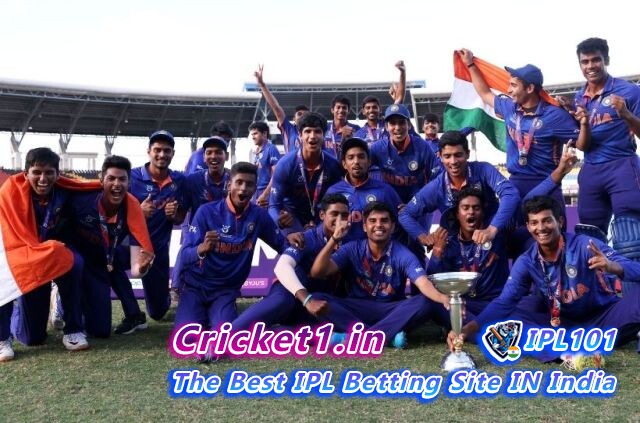
In a pivotal shift for the cricketing world, the International Cricket Council (ICC) has decided to replace Sri Lanka with South Africa as the host nation for the much-anticipated Men’s U19 World Cup slated for next year. This significant move has attracted global attention as it underscores the detrimental impact of political intervention in sports management.
The upheaval follows the ICC’s hard stance on Sri Lanka Cricket (SLC), which has been facing the consequences of non-compliance with ICC mandates. The governing body suspended SLC after it fell short in adhering to its duties as an ICC member, specifically for failing to operate independently and without the undue influence of governmental policies. Consequently, with the purse strings tightened, Sri Lanka finds itself deprived of the opportunity to stage the prestigious global tournament.
Cricket South Africa (CSA) is no stranger to hosting international cricket events, having successfully managed the U19 World Cup in 2020, with competitions unfolding in Kimberly, Bloemfontein, Potchefstroom, and Benoni. The country’s capacity as an excellent cricket venue was further endorsed with the hosting of the Women’s T20 World Cup earlier this year. Looking ahead, South Africa’s growing portfolio of global cricket events includes staging the upcoming ODI World Cup in 2027, an assignment that reflects the nation’s preparedness and reputation in the international cricket community.
The last iteration of the U19 World Cup, held in the Caribbean, witnessed the Indian contingent taking home the trophy for the fifth time, a testament to their consistent performance in the youth circuit. This compelling narrative adds intrigue to the forthcoming U19 World Cup, as nations prepare to either defend or challenge India’s supremacy in the age-group competition.
Delving into the reasons behind Sri Lanka’s forfeiture of hosting rights, the decision trails a World Cup campaign marked by disappointments and instability. The Sri Lankan team’s performance at the ODI World Cup in India was a far cry from expectations, with the side securing just two wins from their nine league matches. This poor showing led to severe repercussions back home.
In a turn of events sparked by the team’s underwhelming World Cup exploits, the Sri Lankan Sports Minister Roshan Ranasinghe dismissed the SLC management. He swiftly installed a seminal cricket figure, Arjuna Ranatunga, the captain of the 1996 World Cup-winning squad, at the helm of a seven-member interim committee to govern the cricket board. This arrangement, however, was challenged and subsequently reversed by the country’s Court of Appeal.
Tensions escalated as the Sri Lankan parliament, in a rare display of bipartisan consensus, passed a unanimous resolution calling for the axing of the SLC. Every political faction gave their nod, indicating a collective distaste for the cricket board’s administration. Alas, it was this very edict from the parliament that sparked the ICC’s frustration, considering its stern position on maintaining an arm’s length relationship between government bodies and member cricket boards.
It is a cardinal rule within the ICC’s guidelines to ensure the autonomous management of its affiliates, a mandate that Sri Lanka flagrantly violated, prompting a sequence of events that culminated in the current predicament. As a result of these actions, the country faces not just the loss of hosting privileges but also a broader introspection regarding the governance of cricket within its precincts.
The ICC’s determination in applying its principles underscores the emphasis placed on the sanctity of sports management being a domain free from external political pressures. Now with South Africa stepping into the breach to host the next U19 World Cup, the cricketing fraternity looks ahead, hopeful for a tournament that celebrates both the sport and its uncompromising standards of governance.

